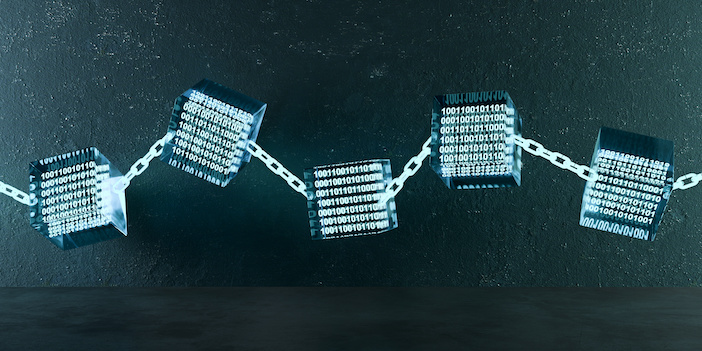With the increasing popularity of WEB3, the need for confidential computing has never been greater. Confidential computing is the practice of keeping data private and secure while it is being processed.
This is especially important in WEB3 because of the decentralized nature of the platform. When data is stored on a centralized server, it is more vulnerable to attack. However, when data is distributed across a network of computers, it is much more difficult to access and steal.
As the world increasingly moves online, data privacy and security concerns mount. One way to address these concerns is through confidential computing, which encrypts data while it is being processed and protects it from being accessed or tampered with by unauthorised parties
Confidential computing has a number of advantages. It can help organisations keep their data safe from cyberattacks, comply with data privacy regulations, and protect the confidentiality of their business operations.
How Web 3 could change the internet as we know it?
This shift brings new challenges for security, as data is more vulnerable to attack when it is spread out. Confidential computing is a way to protect data in this new environment, by encrypting it so that only authorised users can access it. This technology is becoming increasingly important as we move towards a more decentralised web.
Web 3 is the next stage of the internet, where data is decentralised and stored on a network of computers rather than on central servers. This new web is powered by blockchain technology, which allows for greater security and privacy.
Web 3 will also be more private, as users will be able to control who has access to their data. In addition, all data will be encrypted, making it difficult for anyone to hack into someone else’s account.
With Web 3, users will have more control over their data. They will be able to choose who can access it and how it is used. This new web will also be more resistant to censorship and fraud.
Could Blockchain Technology Revolutionise the Internet?
Blockchain technology is still in its early stages, but it has the potential to revolutionise the internet as we know it. Web 3 could be the key to a more secure, private and democratic internet.
Blockchain technology is still in its early stages, but it has the potential to revolutionise the internet as we know it. Web 3 could be the key to a more secure and decentralised internet that gives users more control over their data.
The blockchain is a distributed database that allows for secure, transparent and tamper-proof transactions. This could potentially disrupt many industries, from banking and finance to supply chain management and voting systems.
Despite its promise, blockchain technology is still in its early stages of development. Scalability issues need to be addressed before it can be fully adopted by enterprises. But with the right infrastructure in place, The Coin Study could usher in a new era of the internet where users have more control over their data.
Is Blockchain Technology Ready For Prime Time?
Blockchain technology has been around for a while now, but it is only recently that it has started to gain mainstream attention. There are many who believe that blockchain is the future of the internet and that it has the potential to revolutionize the way we do business. However, there are also those who are skeptical about its readiness for prime time.
1. It’s been more than a decade since blockchain technology was first proposed, and in that time it’s made significant progress. But is it ready for prime time?
2. There are still some major challenges that need to be addressed before blockchain can be widely adopted, including scalability, security, and governance.
3. However, there are also many reasons to be optimistic about blockchain’s future. With the right improvements, it could transform the way we interact with the digital world.
PROS:
1. Blockchain technology is immutable, meaning that once data is written to a blockchain it cannot be changed, ensuring data security and accuracy.
2. Blockchain technology is decentralized, meaning that no single entity has control over the data or the network, making it more resistant to hacks and data breaches.
3. Blockchain technology is transparent, meaning that all transactions are visible to everyone on the network, ensuring transparency and accountability.
4. Blockchain technology is fast, meaning that transactions can be processed quickly and efficiently.
5. Blockchain technology is scalable, meaning that it can accommodate a large number of transactions without slowing down the network.
CONS:
1. Blockchain technology is still in its early stages of development and has not been fully tested or proven.
2. Blockchain technology requires a lot of computing power and energy to run, which can be costly.
3. Blockchain technology can be complex and difficult to understand for those who are not tech.
Conclusion
Confidential computing is one way to address data privacy and security concerns as the world increasingly moves online. By encrypting data while it is being processed, confidential computing can help protect user data from being accessed or stolen by unauthorized parties. While confidential computing is not a perfect solution, it is a promising step forward in protecting user data privacy and security in the digital age.
